Please help me identify this pest!
Drybags
10 years ago
Related Stories

LIFEDecluttering — How to Get the Help You Need
Don't worry if you can't shed stuff and organize alone; help is at your disposal
Full Story
ORGANIZINGHelp for Whittling Down the Photo Pile
Consider these 6 points your personal pare-down assistant, making organizing your photo collection easier
Full Story
PETSHow to Help Your Dog Be a Good Neighbor
Good fences certainly help, but be sure to introduce your pup to the neighbors and check in from time to time
Full Story
ORGANIZINGGet the Organizing Help You Need (Finally!)
Imagine having your closet whipped into shape by someone else. That’s the power of working with a pro
Full Story
DECLUTTERINGDownsizing Help: How to Edit Your Belongings
Learn what to take and what to toss if you're moving to a smaller home
Full Story
ORGANIZING4 Questions to Help You Organize Your Favorite Photos
Organize your keeper photos with a system that's just right for you, whether it's in the cloud or you can hold it in your hand
Full Story
SELLING YOUR HOUSEHelp for Selling Your Home Faster — and Maybe for More
Prep your home properly before you put it on the market. Learn what tasks are worth the money and the best pros for the jobs
Full Story
SELLING YOUR HOUSE5 Savvy Fixes to Help Your Home Sell
Get the maximum return on your spruce-up dollars by putting your money in the areas buyers care most about
Full Story
PETS6 Ways to Help Your Dog and Landscape Play Nicely Together
Keep your prized plantings intact and your dog happy too, with this wisdom from an expert gardener and dog guardian
Full Story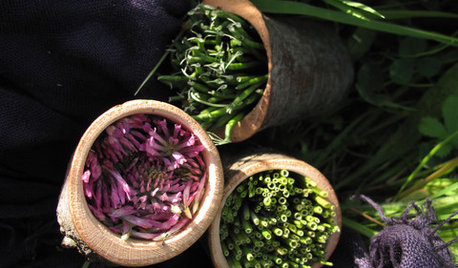
EARTH DAYHow to Help Your Town’s Beneficial Birds and Bugs
Make a habitat using local materials to provide a home to the creatures that help our gardens
Full Story


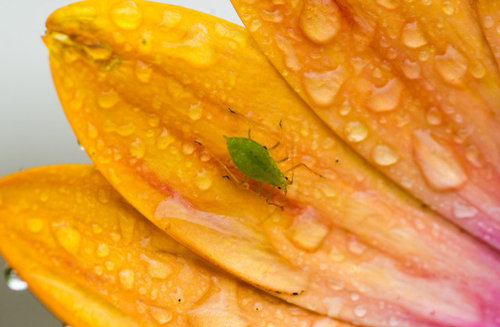

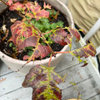
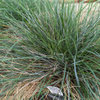
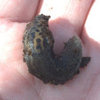
jjstatz
DrybagsOriginal Author
Related Discussions
Please help identify pests on eggplants (photos included).
Q
Please help me identify these pests/plant disease! 2nd problem
Q
What the heck is eating my tomato
Q
Please help me identify this pest!
Q
DrybagsOriginal Author
tsugajunkie z5 SE WI ♱
lippies
jean001a
Kimmsr
Prairie_Sima
rhizo_1 (North AL) zone 7
Prairie_Sima
Whitelacey
rhizo_1 (North AL) zone 7
hoovb zone 9 sunset 23
Prairie_Sima
Whitelacey
Kimmsr
rhizo_1 (North AL) zone 7
jjstatz
jjstatz